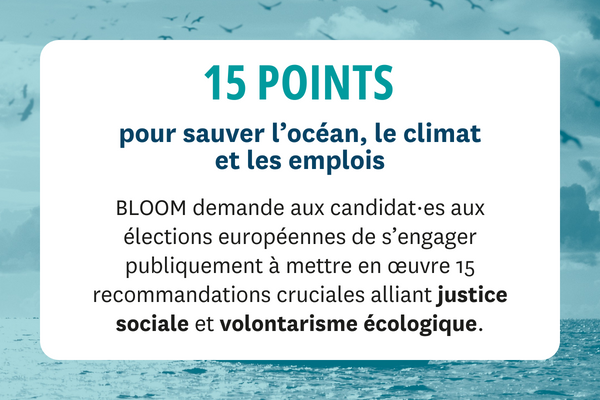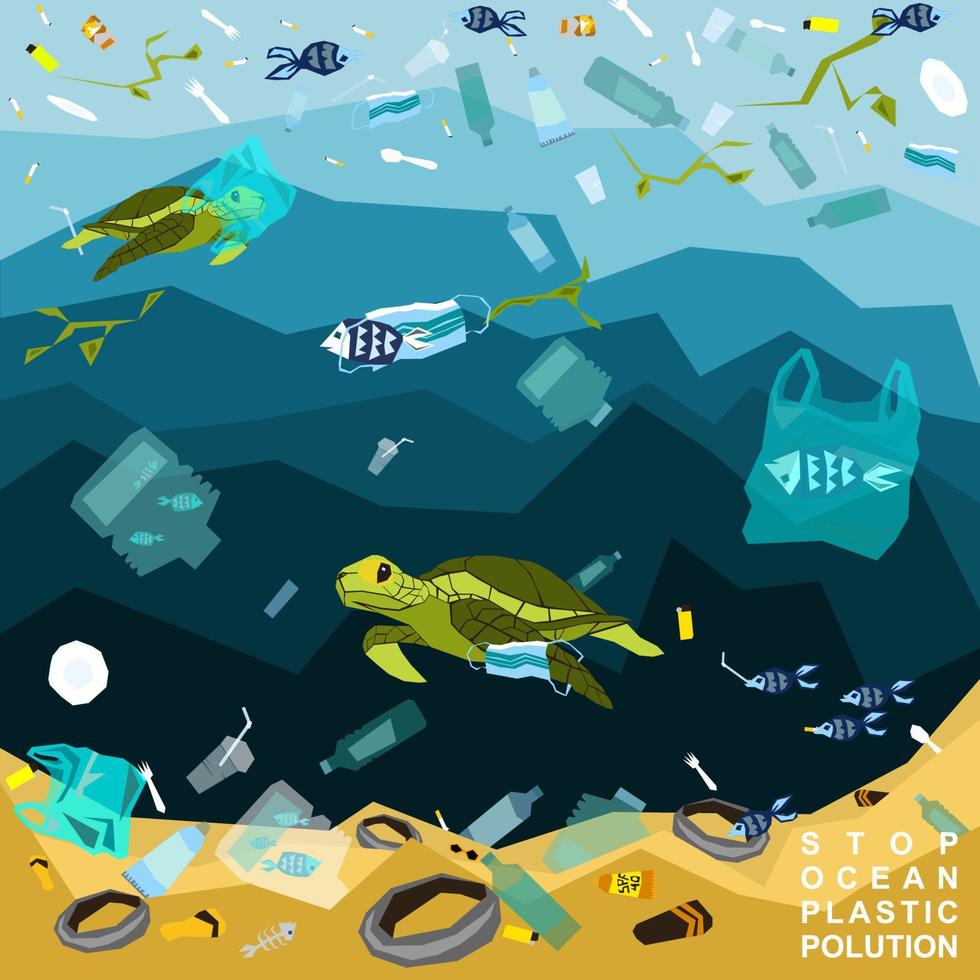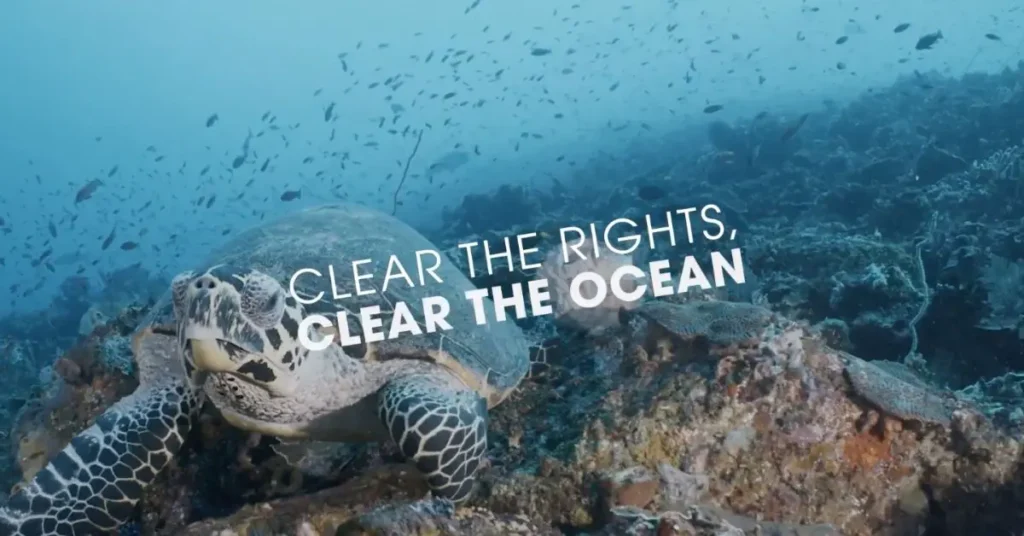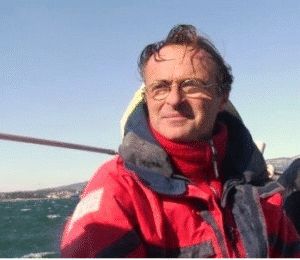Every year, our oceans suffer the dramatic consequences of marine pollution, endangering marine life, biodiversity and even our own health. It is urgent to mobilize collectively to fight against this scourge. Whether through individual actions, local initiatives or awareness campaigns, every gesture counts. Together we have the power to preserve the treasures of our seas and ensure a healthy future for generations to come. Let’s explore the different ways we can take action to save our oceans from this ongoing threat.
| Individual Shares | Collective Impact |
| Reduce the use of single-use plastics | Significant reduction in marine waste |
| Participate in beach cleanups | Creation of awareness and community solidarity |
| Adopt responsible consumption | Pressure on businesses for sustainable practices |
| Educate young people about ocean protection | Training of a generation aware of marine issues |
| Report litter to associations | Mobilization of cleaning teams and increased awareness |
- Reduce the use of plastics
- Use reusable alternatives
- Raise awareness in communities
- Organize educational campaigns
- Participate in beach cleanups
- Mobilize local volunteers
- Adopt a sustainable lifestyle
- Reduce waste and recycle
- Encourage public policies
- Sign petitions to protect the oceans
- Respect fishing regulations
- Promoting sustainable fishing
- Promote scientific research
- Support marine conservation projects
- Use ecological products
- Avoiding Harmful Chemicals
Table of Contents
ToggleCollective mobilization for the preservation of the oceans

Plastic in the oceans is one of the greatest environmental challenges of our time. Every year, millions of tonnes of plastic are dumped into our seas, affecting marine wildlife and ecosystems. It is essential to mobilize to counter this rampant pollution.
An effective way to fight against marine pollution is to organize waste collections. For example, local initiatives such as those carried out by students from Sables-d’Olonne in collaboration with Meravenir show the positive impact of these actions. These collections help clean the beaches and raise public awareness of the importance of preserving our coasts.
Awareness and education are powerful tools to promote sustainable practices. Campaigns led by many NGOs, such as the Surfrider Foundation, play a vital role by regularly organizing events on the ground. These actions reinforce the idea that everyone, at their own level, can contribute to significant change.
For real transformation, the commitment of governments and international organizations is crucial. The Institute of Research for Development (IRD) places ocean sustainability at the heart of its priorities, emphasizing the importance of research and thetechnological innovation to find lasting solutions.
Furthermore, it is imperative to rethink our plastic consumption. Reduce, reuse and recycle must become daily reflexes. Better still, alternatives to plastic, such as biodegradable materials, must be encouraged and used on a large scale.
Collective mobilization is essential to save our oceans. Each of us can play a role by participating in collections, taking part in awareness campaigns or adopting daily actions that are more respectful of the environment. Together, it is possible to preserve the beauty and biodiversity of our oceans for future generations.
Local and community initiatives
There scuba diving often reveals an alarming reality: our oceans are full of waste. This situation requires a collective mobilization global approach to protect this vital resource.
The French coasts show that even local and community initiatives can have a significant impact. In Brest, citizen groups regularly organize beach cleanups. These actions raise awareness not only among participants but also among wider communities of the importance of the oceans.
Non-governmental organizations (NGOs) are implementing educational programs to teach younger generations about the importance of marine conservation. In addition, several initiatives promote technological innovation to find sustainable solutions. For example, plastic collection devices at sea are currently being tested and deployed.
Events like the “Immersed In Change” summit highlight the importance of international collaboration. They show that protecting the oceans requires the commitment of all sectors. Public and private institutions are invited to intensify their efforts to reduce marine pollution.
At the same time, it is crucial to promote practices of sustainable fishing and encourage the adoption of green technologies. Technological innovation plays a vital role in this process. For example, the development of renewable marine energies helps fight against traditional sources of pollution.
Finally, each of us can contribute to the preservation of the oceans by adopting simple actions on a daily basis. Reducing the use of plastics, participating in cleaning activities and raising awareness among those around you are among the many ways to help our oceans regain their original beauty.
Role of governments and international organizations
Marine pollution is a scourge that requires collective mobilization to be effectively combated. Every individual has a role to play in reducing plastic waste and other pollutants that end up in our seas and oceans. Limit our consumption of plastic products, practice recycling and participate in beach cleanings are all concrete actions that can make a big difference.
Miscellaneous local initiatives and international organizations encourage citizens to get involved in this fight. For example, the Tara Ocean Foundation is celebrating 20 years of exploration and raising awareness of ocean issues and invites everyone to participate in its actions. These projects show the power of the collective to create a lasting positive impact.
THE governments and the international organizations play a crucial role in the fight against marine pollution. They can adopt strict policies to limit industrial waste and establish infrastructure for waste treatment. It is also fundamental that they work together to harmonize regulations across borders to ensure effective ocean protection.
Demonstrations, like the one held recently in Saint-Nazaire, also show the importance of public pressure to encourage leaders to take action. For example, discussions around the blue economy can be transformed into concrete policies for the preservation of our marine resources.
By supporting initiatives such as those of the Tara Foundation and encouraging industries to adopt more sustainable practices, we can all contribute to preserve our oceans for future generations.

The main types of marine pollution include plastics, oil, toxic chemicals and organic waste.
We can reduce our use of single-use plastics, sort our waste, participate in beach cleanups and favor environmentally friendly products.
Governments can put in place laws to reduce pollution, protect marine areas and promote sustainable practices in the fishing and tourism industry.
NGOs run awareness campaigns, organize clean-up events and work on conservation projects to protect marine ecosystems.
Marine pollution can lead to the death of marine organisms, habitat degradation and impacts on the food chain, as well as risks to human health.









